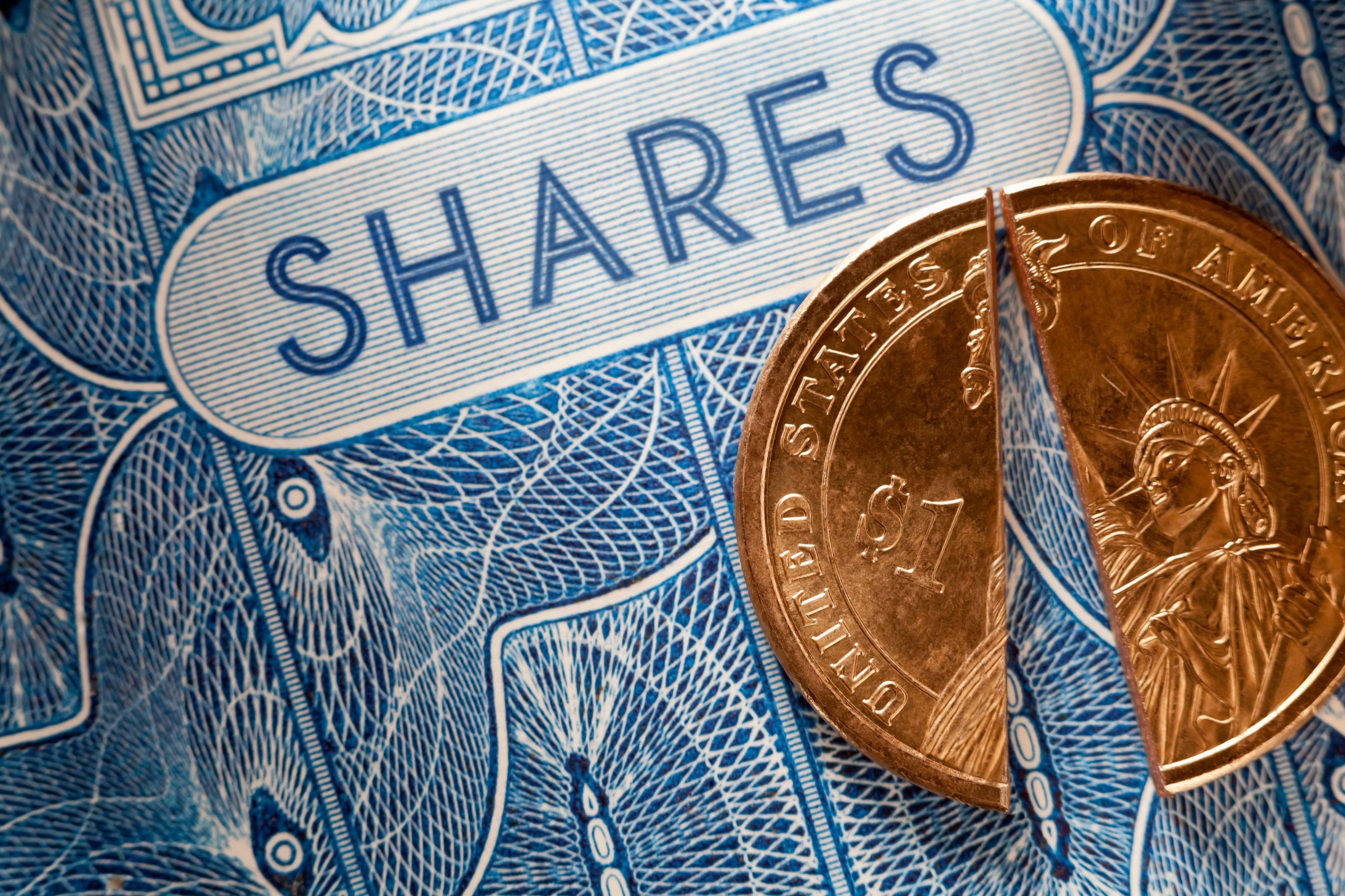The bulls aren't the only ones who have been losing interest in Sirius XM Radio (SIRI +0.00%) lately. Nasdaq has issued its latest short interest data, and there were just 271.1 million shares of the satellite radio provider sold short as of the end of last month.
That may seem like a big number, but it's not for a stock for which average daily trading volume is clocking in north of 67 million shares. It also happens to be the lowest number of bearish wagers riding on Sirius XM over the past year. Sirius XM's short interest peaked at the end of February at 414 million shares.
The exodus is a bit of a surprise given that Sirius XM's third quarter gave naysayers some ammo a week before the month ended:
- Revenue came in lighter than expected for the period.
- Sirius XM's guidance calls for a decline in net subscribers during the fourth quarter, something that we haven't seen in years. However, the number of self-pay accounts should climb nicely during the period.
- The media giant's outlook for 2014 sees revenue climbing just 6% despite a pricing increase that will kick in come January.
This will come off as contrarian, but I'd rather see a stock that I'm bullish on have more shorts than fewer shorts. Bears cover if they're wrong, fueling dramatic squeezes. The stock may be down 11% since peaking the day before the company posted results for the third quarter, but shares have still risen nearly 20% since short interest peaked at the end of February.
This is becoming a competitive time for audio broadcasters. Pandora (P +0.00%) surprised the market with a significant sequential dip in unique listeners last month, but what did everyone expect with iTunes Radio entering the market? Sirius XM and Pandora have been able to grow in the past despite the arrival of Pandora wannabes and the threat of the connected car siphoning off premium satellite radio customers. They have grown because their products are compelling enough to pay for (in Sirius XM's case) and established (in Pandora's case).
However, there's a big difference between the decelerating growth that analysts see for both Sirius XM and Pandora and negative growth. The competition is giving consumers more choice, but the addressable market itself continues to expand as more new cars hit the road (for Sirius XM) and smartphones enter the wild (for Pandora).
With fewer shorts around, there will be fewer bears to fuel the next short squeeze once the next wave of positive catalysts kick in for Sirius XM, but it should happen.






